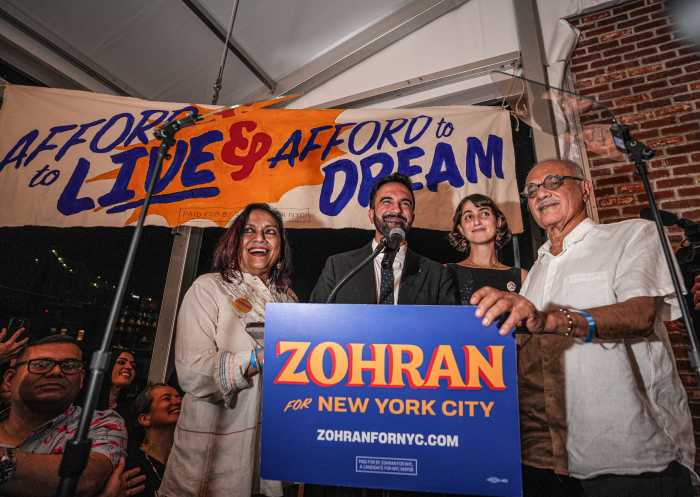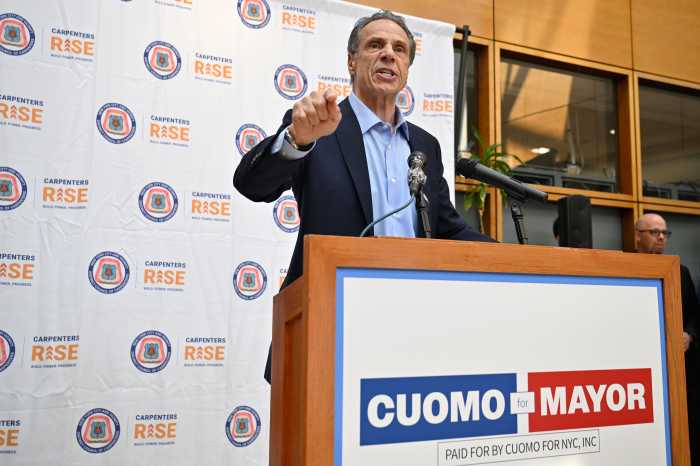It’s still not clear when, or if, Donald Trump will be indicted in Manhattan in connection with a hush money scheme involving his former attorney and a porn star with whom he had an extramarital affair.
Since Trump went on his latest social media tirade last weekend about the prospect of being indicted, much has been said about the investigation conducted by Manhattan DA Alvin Bragg — with Trump’s most loyal followers publicly bashing Bragg and slandering him as some sort of pawn in a vast left-wing conspiracy that exists only in their own minds.
As disgraceful as the criticism of Bragg and his office has been, a key fact is lost in all the vitriol: Bragg doesn’t have the power to indict. That power rests solely with the grand jury currently empaneled to consider the case.
And that power, in many respects, is even greater than what Bragg or any prosecutor might have when it comes to an individual docket before them.
Between 16 and 23 people sit on a grand jury. They are a diverse lot of New Yorkers, drawn from the standard jury pool like everyone else. They meet at scheduled times, convening when necessary to go over new evidence and hear from witnesses as the prosecutor presents a case for possible indictment.
Grand juries can direct prosecutors to seek further information about accusations made. They are tasked not with determining whether one is guilty or not, but rather whether the case presented warrants an indictment for further prosecution.
The members of the grand jury are not forced to indict anyone; they can always choose not to pass what’s called a “true bill” and dismiss the prosecutor’s case. They will, however, approve an indictment based on one thing only: The belief that the subject of the case has committed a crime, and should be charged.
Bragg cannot make that decision for the grand jury; he doesn’t have the power to compel them to do what he wants. So if the grand jury indicts Donald Trump, it’s because a majority of them believe he committed a crime, and must face prosecution.
And while the Trump loyalists are attacking Bragg, often with truly deplorable language, they’re actually attacking the grand jury, too, and the entire criminal justice system as a whole.
This system is designed to keep politics out and ensure that juries of everyday people make independent decisions based on the evidence presented to them. The Trump loyalists assume that’s not possible because Bragg happens to be a Democrat.
They may not want to hear it, but the power to indict Trump rests with the people, not the prosecutor — and not with an ex-president. Here the people rule, not one man.
Read more: Annual ‘No Pants’ Subway Ride Draws Crowd































